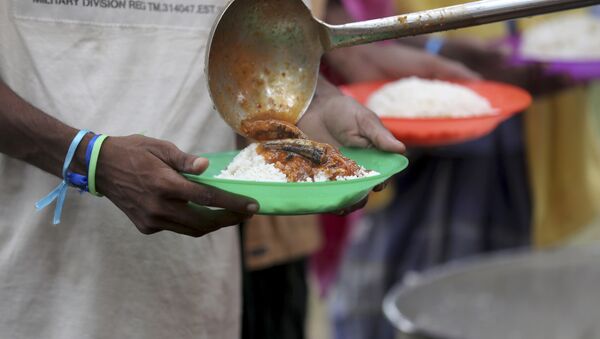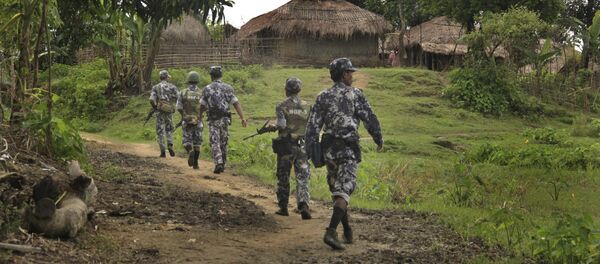While some believe it's already too late to solve the Rohingya crisis with sanctions, Robertson, disagrees.
"[The sanctions] will have an impact, because the issue is holding the [Myanmarese] military accountable for what they're doing," he told Radio Sputnik. "When you're talking about putting pressure to stop the violence to allow people back from Bangladesh to their homes in Northern Rakhine state, when you're talking about protection for these people if they do return, when you're talking about ensuring that they have freedom of movement, right to livelihoods and other access to services, all of this things comes as a result of political pressure — not necessarily on the government of [Myanmar], but on the military of [Myanmar]."
"The key is, these are not broad-based sanctions they are talking about, they are talking about specific sanctions against individuals, targeted sanctions that will focus on commanders who have blood on their hands, or those who have ordered them to engage in these atrocities," he pointed out.
But the impact of the sanctions is far from being universally good.
The problem with the sanctions is that there's a risk they could crush the already struggling Myanmar economy, and that the Rohingya who do return will find themselves in impoverished conditions. But the economic impact goes further, Robertson points out, because overseas companies might grow reluctant to do business in the country because of the risks involved — just when they were being drawn to the newly opened Southeast Asian nation.
"There is concern within the business circle that the risk element of being involved in [Myanmar] is rising again. There used to be a real penalty with consumers if you operate in [Myanmar] — they would boycott you and nobody want to do business with you. […] Now we see a greater concern in the business circles that not only is the government is doing the wrong thing here, but it's not constraining the military in the way that would uphold the kind of rule of law, and transparent operation of both economy and law that investors want to see," Robertson explained.




